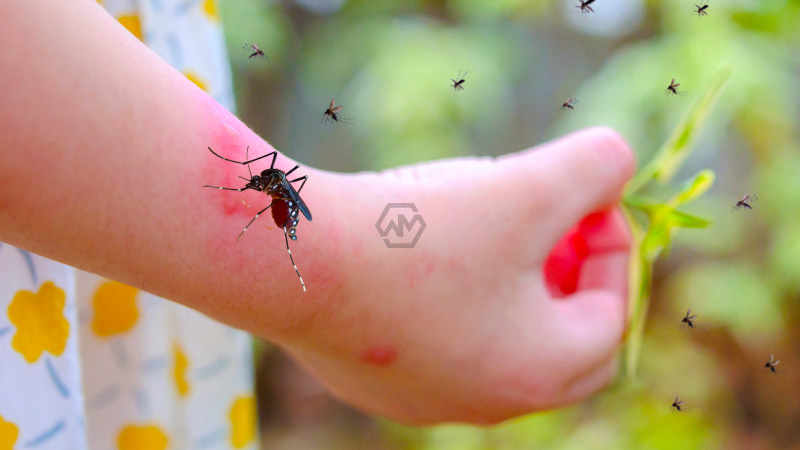- The World Mosquito Program is promoting a new approach to battling the illness.
- On a worldwide level, the effectiveness and cost-effectiveness of the replacement approach are still up for debate.
- The firm imports dried mosquito eggs from various regions of the world.
Since the disease is spread by mosquitoes, dengue fever has long been a problem in Honduras. However, the World Mosquito Program, which has been testing this tactic in more than a dozen nations, is promoting a new approach to battling the illness.
Doctors Without Borders is working with the initiative to release over 9 million mosquitoes carrying the Wolbachia bacterium in Honduras, where it is estimated that 10,000 people get infected from dengue each year.
Spread of dengue fever
Since 2011, the World Mosquito Program has conducted studies involving 11 million people in 14 countries, with encouraging outcomes. In 2019, when Wolbachia-infected mosquitoes were released, a large-scale field trial in Indonesia revealed a 76% decrease in reported dengue infections. On a worldwide level, the effectiveness and cost-effectiveness of the replacement approach are still up for debate.
The World Mosquito Program has a facility that raises 30 million mosquitoes every week in Medellin, Colombia, where many of the Wolbachia-infected mosquitoes in the world were born.
To guarantee that the carefully bred mosquitoes it ultimately releases will have similar characteristics to local populations, including insecticide resistance, the firm imports dried mosquito eggs from various regions of the world.
As soon as workers are certain that the young mosquitoes are Wolbachia-positive, their eggs are dried and placed in pill-shaped capsules to be distributed to release sites.
Recently, a Doctors Without Borders team in Tegucigalpa, Honduras, went door to door in a hilly neighborhood to ask inhabitants for assistance incubating mosquito eggs that had been produced in a Medellin factory. The mosquitoes would lay their eggs and then fly off after about 10 days.
Young workers from Doctors Without Borders dispersed around Northern Tegucigalpa on motorcycles at predetermined locations while carrying jars of already-hatched dengue-fighting insects, releasing thousands of them into the breeze.



